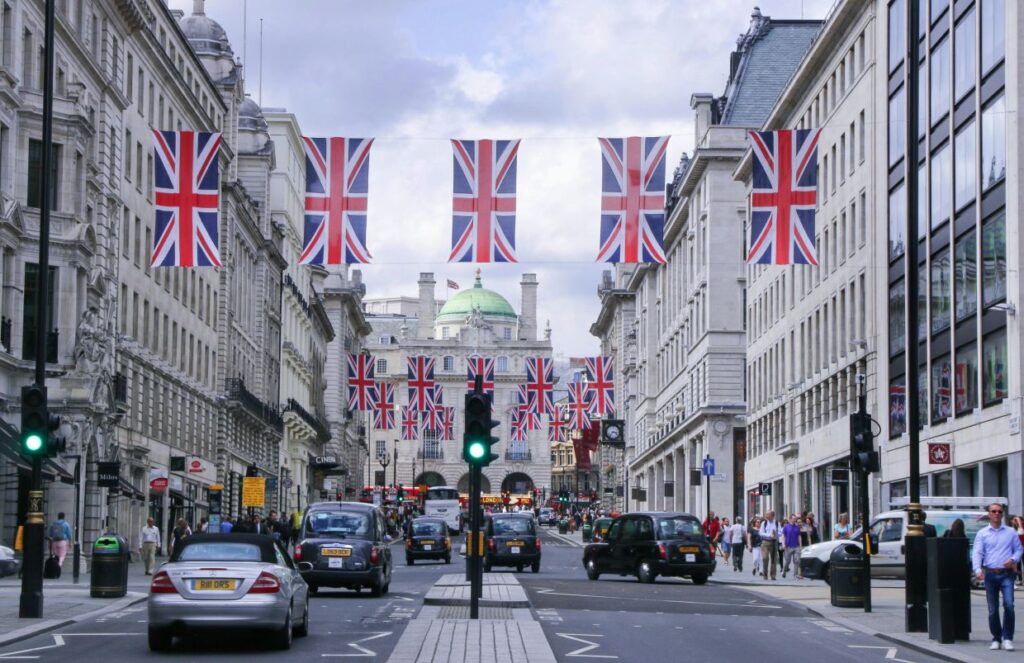UK economy shrinks by the most since 2023 as U.S. tariffs hit

LONDON: Britain’s economic output fell sharply in April, reflecting shockwaves from U.S. President Donald Trump’s announcement of wide-ranging tariffs and the end of a tax break on property sales, official data showed on Thursday.
Gross domestic output shrank by a larger-than-expected 0.3% in April from March – the biggest monthly drop since October 2023 and more than the 0.1% fall forecast in a Reuters poll, following 0.2% growth in March.
“After increasing for each of the four preceding months, April saw the largest monthly fall on record in goods exports to the United States with decreases seen across most types of goods, following the recent introduction of tariffs,” Liz McKeown, the Office for National Statistics’ director of economic statistics, said.
A fall in real estate and legal activity in April after the end of a temporary tax break on house purchases contributed 0.2 percentage points of the 0.3 percentage point fall in output in April, the ONS said. Car makers also reported lower output and exports to both the United States and the European Union.
British goods exports to the U.S. fell by 2.0 billion pounds ($2.7 billion) in April, the largest drop since monthly records began in 1997.
Sterling fell by a quarter of a cent against the dollar on the back of the figures.
Britain’s economy expanded by 0.7% in the first quarter of 2025, outstripping growth in other countries in the Group of Seven advanced economies and prompting the Bank of England to revise up its full-year growth forecast to 1% last month.
However, the BoE revised down its growth forecast for 2026 to 1.25% and said it expected the tariffs to knock 0.3% off British output in three years’ time.
BoE policymakers who are expected to hold interest rates next week are faced with competing forces of stubborn inflation and a relatively sluggish economy.
A closely-watched business survey earlier this month suggested much of the economy had returned to tepid growth.
Business surveys of British firms have generally been downbeat, though and shown firms slowed their hiring and investment plans due to big increases in labour costs announced by finance minister Rachel Reeves last October. – Reuters





